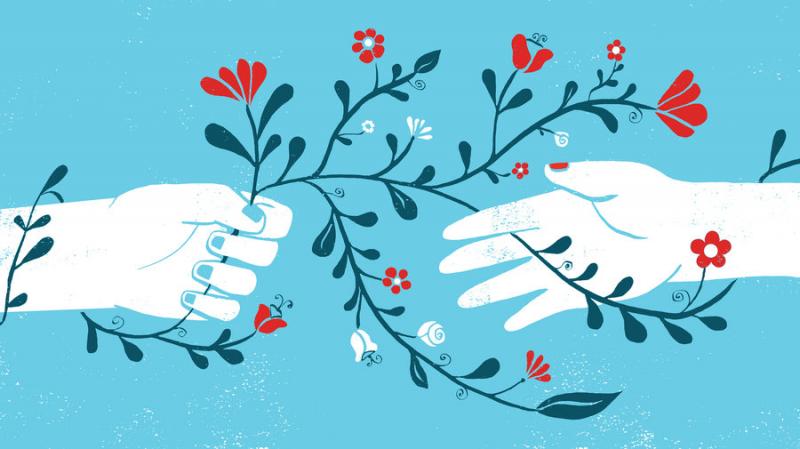Practicing Empathy
This post was written by Emily Blau, a Patient Navigator at the Birmingham Free Clinic.
When I was in school, I remember hearing one of my teachers tell us to “treat everyone like they’re having a really bad day” I don’t think I understood what that really meant when I heard it, but some time later I read a similar sentiment shared online: “be kind, for everyone you meet is fighting a hard battle.” Most of us have heard some variation of this phrase; maybe your mom has it on a card in her wallet or your guidance counselor had a poster version hanging up in their office or you saw it on a typography board on Pinterest. It’s corny but there is a lot of truth to it, and I think it’s deeply rooted in what we do as students and leaders in public health.
The idea that all of us carry our worries and traumas with us is something I like to keep in mind when at my host site. For the patients I interact with, it is normal to have to take several buses and wait for hours to be seen by a doctor and pharmacist. All the while, they might be stressed about not having enough to eat today, finding work or balancing multiple jobs, family troubles, getting insurance, or coping with a difficult disease status. We all have our own deeply personal and individual battles to face, whether it is visible to others or not. The stress that comes with being uninsured, even temporarily, and having to find decent care is compounded by the daily stressors of working and caring for loved ones. There are many external factors that prevent a person from receiving the care they need, which pushes them further and further away from wellness. Those barriers, from racism to poverty, aren't small hurdles that can be overcome by any one individual, but are systemic and structural inequalities that affect millions of people in the US. By that same token, no single person can solve those problems. Empathy must come from multiple levels, from policy to health care to education. However, if we all make small actions to practice compassion and be more empathetic to the people we meet, we could make small impacts in our clients' happiness and health.
Knowing that every person has their own struggles is something that has informed my interactions, whether it’s with a friend, a stranger, or a patient. It sounds overly simplistic, but I think we often forget to be kind, generous, and empathetic when working with others, whether we mean to or not. We have to allow ourselves to deal with our own troubles and fight our battles while keeping in mind that our role as AmeriCorps is to serve compassionately to those who need it most. It’s safe to say that everyone, though, could use a bit more kindness and empathy.
